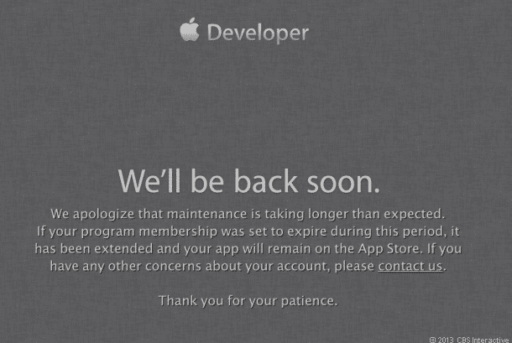The recent Target data breach, which leaked credit card information of some 110 million customers of the company, made many headlines. Recovering from the PR damage, Target is now focused on improving the security of customers’ credit cards.
The Target credit cards’ breach was probably the largest hack in recent times, in terms of the volume and nature of the critical financial data involved. The company has tried hard to mitigate the damage through various measures such as asking customers to reach out to their banks.
However, the incident has certainly incurred a lot of criticism for the retailer. So now, Target is really focused on signing up as much of the customers as possible for ‘smart credit cards.’ These cards, Target says, come with a tiny microprocessor chip and fully encrypts users’ personal data, making it a lot harder for hackers to access it.
The company was already working on such an upgrade program before the hack but since the breach, it has significantly ramped up the efforts on this front. The program, which will cost a $100 million to implement, will culminate in functional and smart Target REDcards with improved security come early 2015.
According to the Chief Financial Officer at Target, John Mulligan, “For consumers, this technology differs in important ways from what is widely used in the United States today. The standard credit and debit cards we use now have a magnetic stripe containing the customer’s information. When first introduced, that stripe was an innovation. But in today’s world, more is needed.”
Mulligan then goes on to explain why the new smart credit cards are a better option, “The latest ‘smart cards’ have tiny microprocessor chips that encrypt the personal data shared with the sales terminals used by merchants. Why is such a change important? Even if a thief manages to steal a smart card number, it’s useless without the chip.”
Apparently, these smart credit cards are already being used in the UK and Canada. Mulligan claims that since their implementation, credit card thefts have declined by a huge margin. But security researchers are skeptical of the claim, citing that hackers tend to come up with new methods quickly as soon as a fresh form of technology is implemented.
Courtesy: CNET
[ttjad keyword=”adobe-software”]




